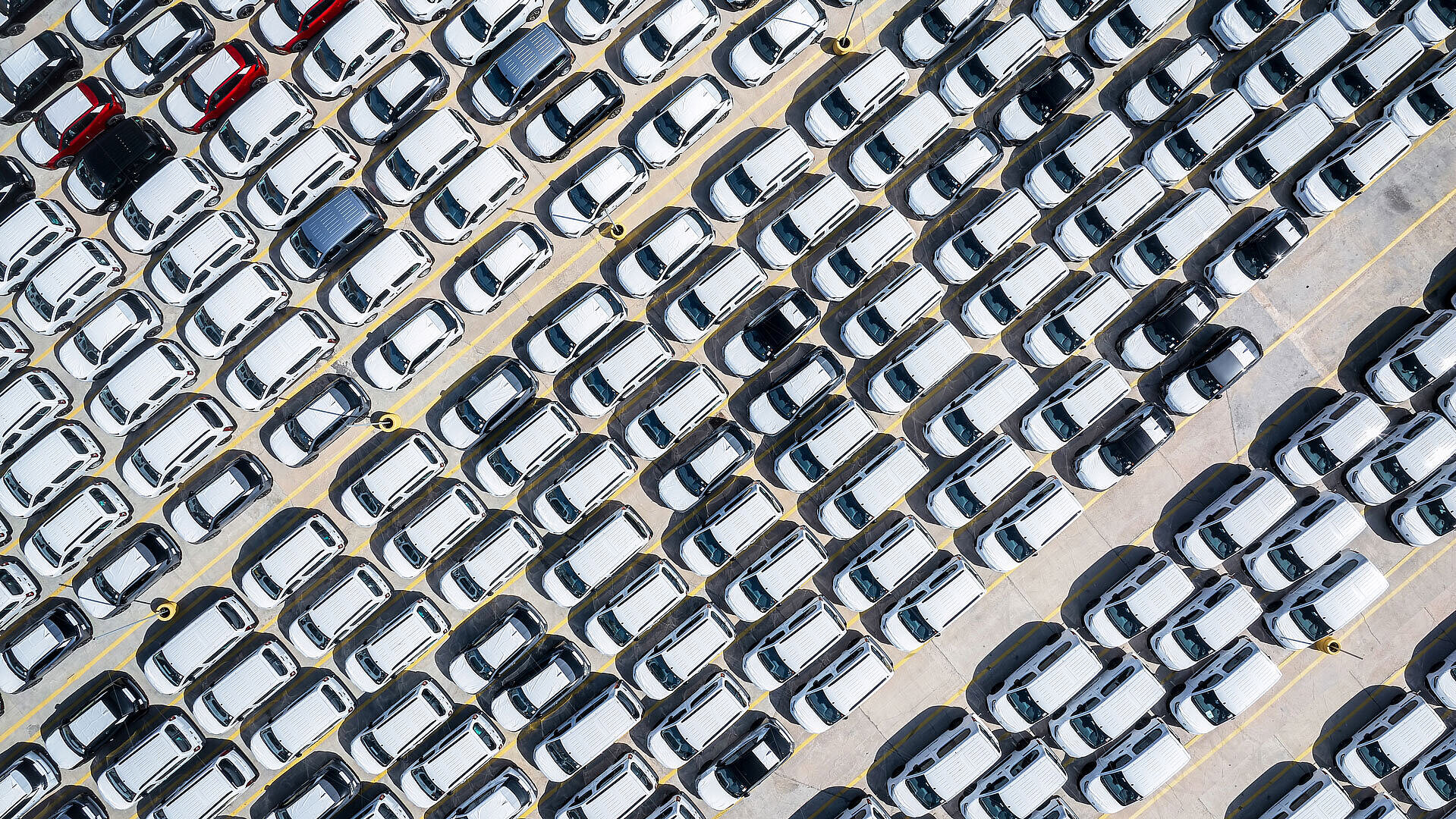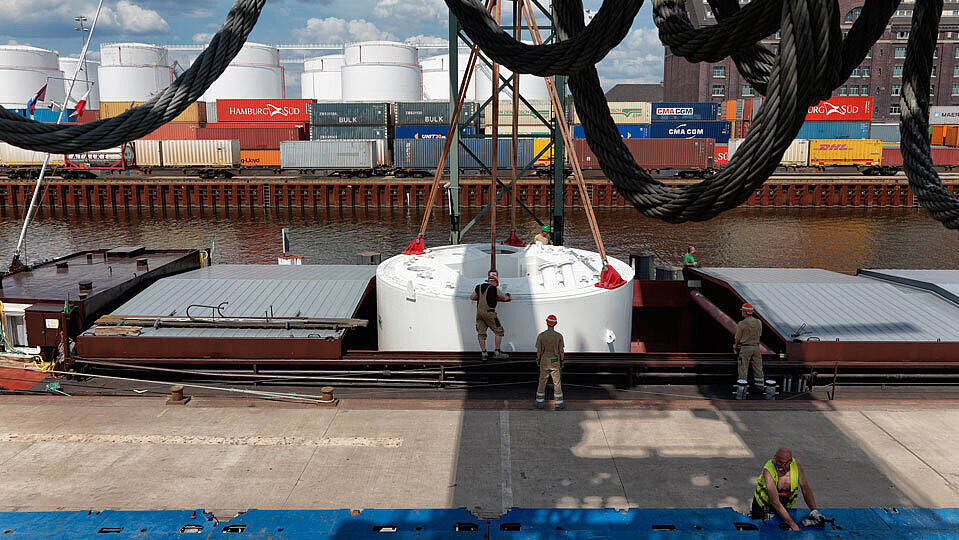
EU extends climate deadline for carmakers

In view of the threat of CO2 penalties, Europe’s car manufacturers are being given more time to comply with EU climate targets. The European Parliament in Strasbourg voted in favour of a corresponding relaxation. The EU member states still have to formally approve the decision, but they had already spoken out in favour of a postponement in mid-May. The two institutions are thus following a proposal by the EU Commission, according to which limit values no longer have to be met annually, but companies are given three years to comply.
If VW, Mercedes, BMW or other companies exceed the requirements this year, they will not automatically be asked to pay. They can avoid penalties altogether if they exceed the EU rules in the following two years.
The German Association of the Automotive Industry (VDA) sees the postponement as an important first step. ‘Political action means not only setting targets, but also making it possible to achieve them,’ Association President Hildegard Müller told the German Press Agency. The framework conditions in many areas are inadequate and targets should be made more flexible.
In view of global challenges and the current sluggish demand for e-cars, there is a need for further action and dialogue. Müller cited the expansion of the charging infrastructure, electricity prices, semiconductor supply and battery production as examples. The international competitiveness of the location should no longer be neglected, she said.
The background to the impending penalties for the already struggling industry are fleet limits that allow an average value of CO2 emissions per car. These legal requirements became stricter at the beginning of the year. On average, all vehicles registered in the EU in a given year must not exceed this limit. Manufacturers must pay a fine for emitting too much CO2. Because, among other things, sales of electric cars have not developed as well as previously forecast, car manufacturers could significantly exceed the limits.
Increasing competition from China
The industry, which is crucial for the German economy in particular, is under pressure. Manufacturers are increasingly facing competition from companies in China and the USA. Companies there have managed the transition to e-mobility more quickly. What’s more, car manufacturers are currently being hit hard by the trade conflict with the USA. The 25 per cent tariffs on cars and automotive parts imposed by US President Donald Trump came into force at the beginning of April.
The United States is one of the most important trading partners for the German automotive industry: according to figures from the Federal Statistical Office, the USA sold more cars than any other country, accounting for 13.1 per cent of exports. Almost one in three Porsches and one in six BMWs were sold in North America in 2024, while VW, Audi and Mercedes-Benz each accounted for 12 to 15 per cent.
But the situation is also tense on the German market. According to the Federal Motor Transport Authority, a total of around 2.8 million new cars were registered in Germany last year. This was around 1 per cent less than in the previous year and around a quarter less than in 2019, the last year before the coronavirus pandemic.
So far, there has been significantly less progress in climate protection in the transport sector compared to other areas. According to the think tank Agora Energiewende, emissions from transport in Germany have fallen by 2 million tonnes compared to the previous year. However, this can be attributed to lower lorry traffic due to the economic downturn.
‘The CO2 fleet limit is the most important instrument for climate protection in the transport sector and is proving effective,’ said Felix Creutzig from the Potsdam Institute for Climate Impact Research. This can be seen above all in the fact that car manufacturers are offering more electric cars at lower prices to achieve the values. Flexibilisation means that more CO2 is emitted. Creutzig was a member of former transport minister Volker Wissing’s expert advisory council on climate protection and is a member of Mercedes’ sustainability advisory council. (dpa/rok)
Automotive Logistics On the Move: Forecast and Trends in a Disrupted Market, Tuesday, 1:30 p.m. – 2:30 p.m., A2.437



